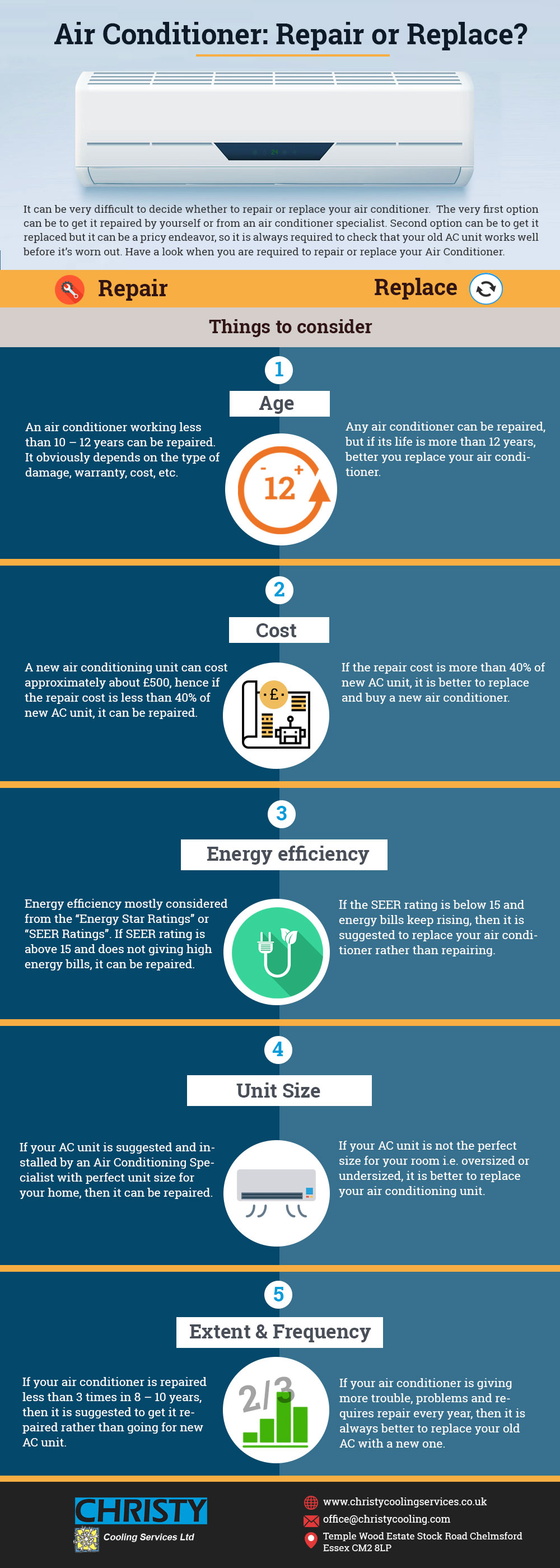Exploring The Environmental Advantages Of Warmth Pumps - A Sustainable Heating Service
Exploring The Environmental Advantages Of Warmth Pumps - A Sustainable Heating Service
Blog Article
how to clean a heat pump Create By-Moser Hewitt
In a period where sustainability and energy performance are extremely important, lots of services look for green home heating solutions. One such option is the heat pump.
A heat pump draws out the warm in its environments and pumps it into your home, leading to one of the most efficient environment-friendly main furnace around. This procedure additionally produces zero greenhouse gas exhausts, making it a highly sustainable innovation.
Energy Effectiveness
Heatpump are extremely power effective and require little maintenance. They utilize much less electrical power than other furnace and are by far one of the most eco-friendly. They work well with roof solar and can commonly spend for themselves in utility financial savings alone.
They can also provide cooling, which is wonderful for garage workshops, attic hangouts and bonus areas, and home additions without extending the existing ductwork. They can also be used for retrofits in existing homes with hydronic (water-based) circulation systems such as low temperature radiators or radiant floors.
Try to find versions with SEER and HSPF scores that satisfy or surpass Canada's minimum requirements, along with the requirements in your area. Higher ratings imply better efficiency, which saves you cash in the future and reduces your carbon footprint. You might even get approved for rebates and incentives! The most effective devices are those with a ground warmth exchanger for included performance. These devices can absorb thermal energy from the ground during the winter and remove it in the summertime.
Minimized Greenhouse Gas Emissions
Heat pumps run on power and basically transfer heat from the air, also when it's cool outside. They are able to draw out the complimentary warm entraped in air fragments and move them inside, minimizing humidity while doing so.
Compared to visit the next document heating systems, modern-day heat pumps utilize less than one kilowatt of electricity per kilowatt of heating power they generate. This makes them one of the most energy reliable heating option available with a POLICE OFFICER (Coefficient of Efficiency) of four or even more. By slashing the demand for fossil fuels, heatpump help in reducing greenhouse gas emissions and cut other major air pollutants.
Structure decarbonization is a global necessary, and the cooling and heating field is a crucial vehicle driver of that process. Whether it's real estate investors making web zero commitments, plan makers setting exhausts limitations, or renters demanding greener spaces, electric heat pumps are being identified as an essential solution. They are a cost-efficient method to decrease carbon exhausts by removing the need for fossil fuels in buildings.
Flexibility
Heatpump can be made use of in several sorts of homes and buildings-- with or without ducts. They work with hot-water radiators, air-conditioning and programmable thermostats. They can replace furnaces or be mounted in new homes. They can run on solar panels, geothermal systems and even district home heating resources like wastewater.
They're excellent at delivering more warmth per power unit. For example, an air-source heatpump creates approximately three or more home heating systems from each electricity unit it takes in.
Obtaining one of the most from your heat pump will rely on your climate zone and quality of insulation. Search for versions with power celebrity rankings and compare their SEER or HSPF specs. In warmer environments, concentrate on SEER; in chillier areas, think about a system with a greater HSPF score. In addition, invest in air securing and insulation to minimize the lots on your heatpump. That will certainly boost power efficiency and assist you reach your Internet Zero objectives faster.
Biomass Boilers
Biomass boilers make use of wood pellets, chips or logs to produce warmth and hot water. They are a great selection for off-grid buildings or those who intend to leave the gas grid.
As a standalone heating system, biomass can provide enough energy to maintain your home cozy throughout the year without the typical warmth drop off of other eco-friendly technologies. They can additionally be made use of combined with solar panels to maximise savings and benefit from RHI settlements.
A drawback of these systems is the in advance price and routine fuel shipments. Often, pellets will require to be blown into a fuel shop making use of a vacuum system or they can be by hand fed into the central heating boiler via a hopper. Logs are generally self-sourced from close-by timberland or gotten wholesale. Along with this, they need manual loading and might need cleansing on a regular basis.